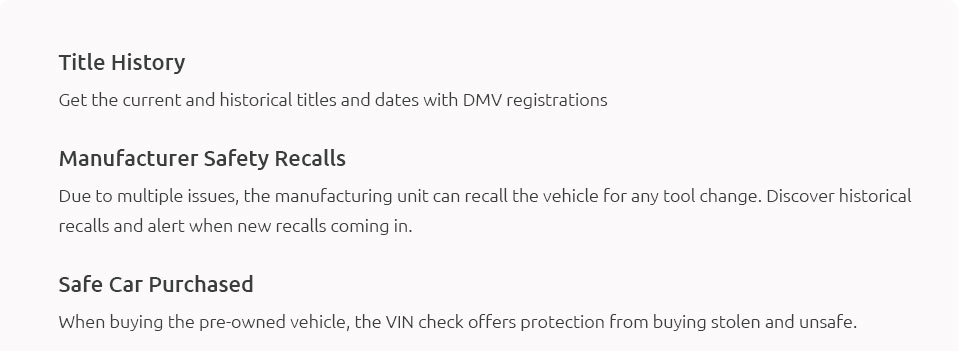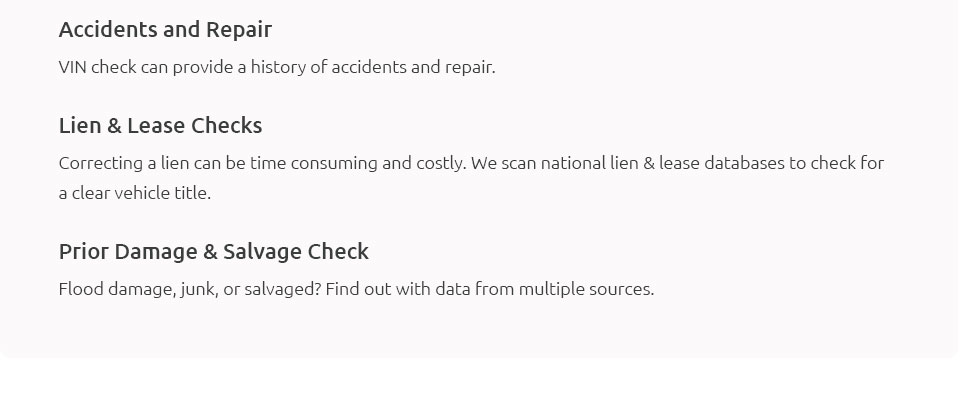 |
 |
 |
||
 |
 |
|
 |
||
 |
 |
 |
 |
||
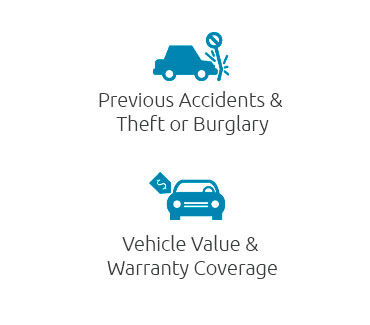 |
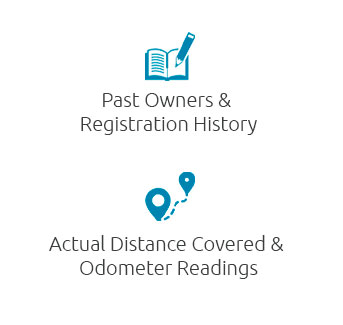 |
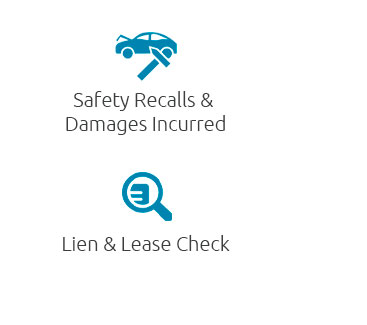 |
 |
 |
||||
|
||||
 |
Exploring the Nuances of Title Number Lookup ServicesIn the ever-evolving landscape of real estate and property management, the concept of title number lookup stands as an indispensable tool, offering both professionals and casual property enthusiasts a gateway into a realm of information that was once the domain of specialized experts. This seemingly simple process of retrieving details about a property title through its unique number is a cornerstone of due diligence in property transactions, ensuring transparency and reducing the risk of disputes. The title number, akin to a fingerprint for properties, encapsulates a wealth of information. From ownership history to encumbrances and rights of way, it’s a key that unlocks the story behind the walls and boundaries we see. Today, numerous services provide title number lookup capabilities, each offering its unique blend of accessibility, comprehensiveness, and user-friendliness. As we delve deeper, it becomes apparent that while the primary function remains the same, the execution varies significantly across platforms. Among the plethora of options, some services distinguish themselves through ease of access. For instance, platforms integrated with government databases tend to offer more reliable and up-to-date information, though they may require registration or even a fee. These platforms often appeal to those who seek precision and are willing to navigate bureaucratic interfaces to obtain it. In contrast, more user-friendly commercial services provide a streamlined experience, sometimes at the expense of the depth of information. This trade-off is not without merit, as casual users often prioritize convenience over exhaustive detail. One major player in this field is the Land Registry’s own online portal, renowned for its authoritative data. However, its interface can be daunting for first-time users unfamiliar with legal jargon. On the other hand, third-party services like OnTheMarket or Realtor offer a more intuitive approach, integrating visual aids and simplified reports, albeit sometimes with a narrower focus on specific regions or property types.
In conclusion, choosing the right title number lookup service hinges on individual needs and preferences. For professionals who need comprehensive and authoritative data, investing time and resources into navigating official databases may be worthwhile. Conversely, for casual users or those new to property research, starting with a user-friendly commercial service might provide the perfect balance of information and accessibility. Ultimately, as the digital landscape continues to evolve, these services will likely become even more sophisticated, continuing to bridge the gap between laypersons and the intricate world of property ownership. https://www.way.com/blog/car-title-number/
So, the next step is a DMV title number lookupdirectly at the office, via phone, or online. Yes, your DMV will have a copy of your car title ... https://www.youtube.com/watch?v=4pxnEP6FtNs&pp=ygUOI2ZpbmRteXZlaGljbGU%3D
title number and how to find it online? In this enlightening video, we delve into the world of vehicle title numbers and their significance ... https://www.carparts.com/blog/where-can-you-find-your-car-title-number/?srsltid=AfmBOopWoSQ0pH0yjyIeIHbKHaDp7DmFF_HKhN0QeAwb7MEmhz3AFGmW
Look for your car's make and modelyou should find the title number nearby. Since your vehicle registration must stay in your car at all times, ...
|

